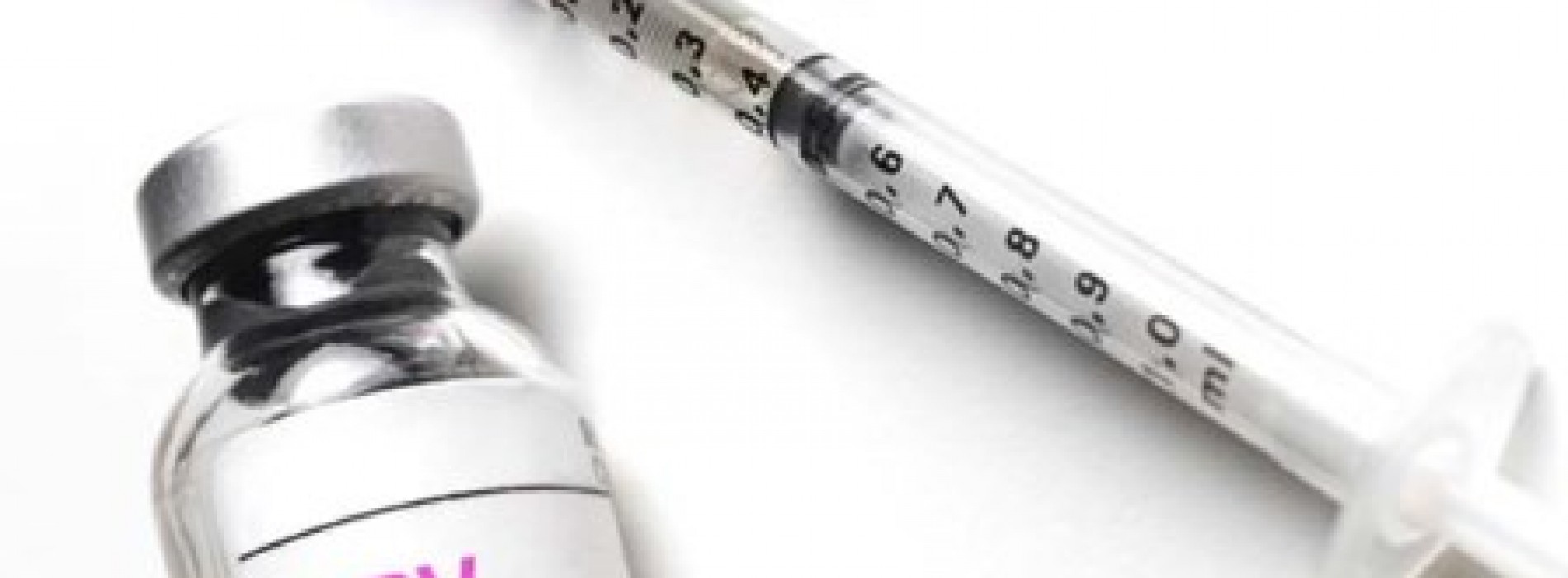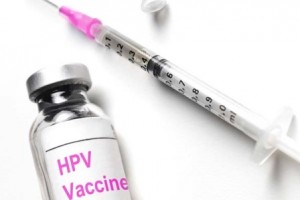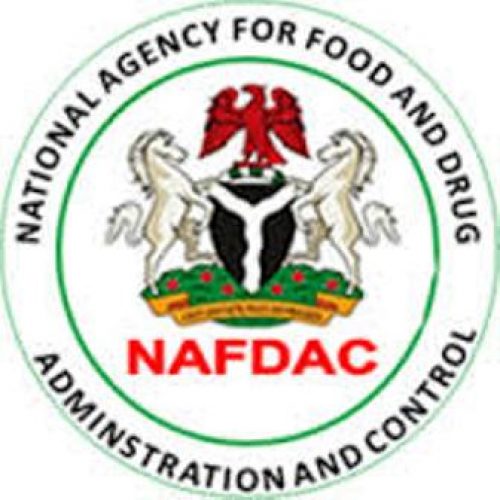New HPV vaccine prevents 80 percent of cervical cancers
The new 9-valent human papillomavirus vaccine, can potentially prevent 80 percent of cervical cancers if given to all 11- or 12-year-old children before they are exposed to the virus.
In addition to protecting against 80 percent of cervical cancers, the new 9-Valent human papillomavirus vaccine, which includes seven cancer causing HPV-types — 16,18,31,33,45,52 and 58 — has the potential to protect against nearly 19,000 other cancers, including anal, oropharyngeal and penile cancers. This is a 13 percent increase in protection against HPV-related cancers in comparison to the first vaccines on the market, Gardasil and Cervarix, which protected against HPV types 16 and 18.
These findings come from a seven-center study published in the Journal of the National Cancer Institute. The US Center for Disease Control and Prevention initiated the research effort, in conjunction with Cedars-Sinai.
“This is the first comprehensive study of its kind and shows the potential to not only reduce the global cancer burden, but also guide clinical decision-making with regard to childhood vaccinations,” said Marc T. Goodman, PhD, MPH, senior author of the study and director of Cancer Prevention and Genetics at the Cedars-Sinai Samuel Oschin Comprehensive Cancer Institute.
The study found the 9-Valent vaccine, under the trademark of Gardasil-9, also has the potential to protect against an additional 8 percent of oropharyngeal cancers, which include the base of the tongue and tonsils. This disease is the second-most-common HPV-associated cancer.
“We found that 70 percent of patient DNA tissue samples with cancer of the oropharynx harbored HPV,” added Goodman. “This is a much higher percentage of HPV than observed in other studies, likely because of changes in sexual behaviors, such as increased oral-genital contact.”
The 9-Valent vaccine was also found to potentially increase protection from other HPV-related cancers including those of the vulva, from 71 to 92 percent; vagina, from 73 percent to 98 percent; the penis, 76 percent to 90 percent; and the anus, 87 percent to 96 percent.
To compile these data, researchers examined 2,670 HPV DNA tissue samples from seven population-based cancer registries.
Study authors intend to perform additional research in the future to follow up on their estimate of how well the current vaccines protect against HPV-associated cancers.








0 Comments
No Comments Yet!
You can be first to comment this post!